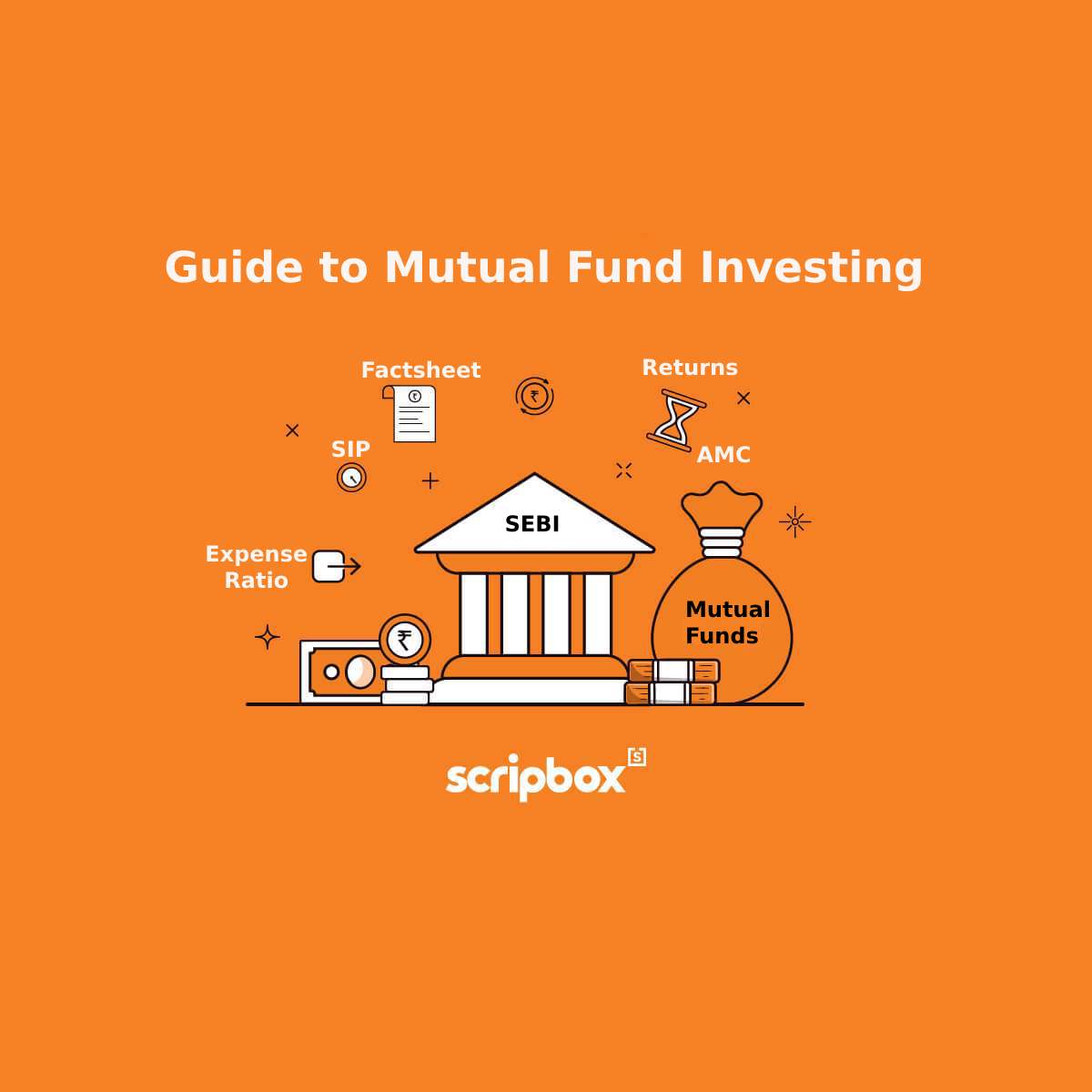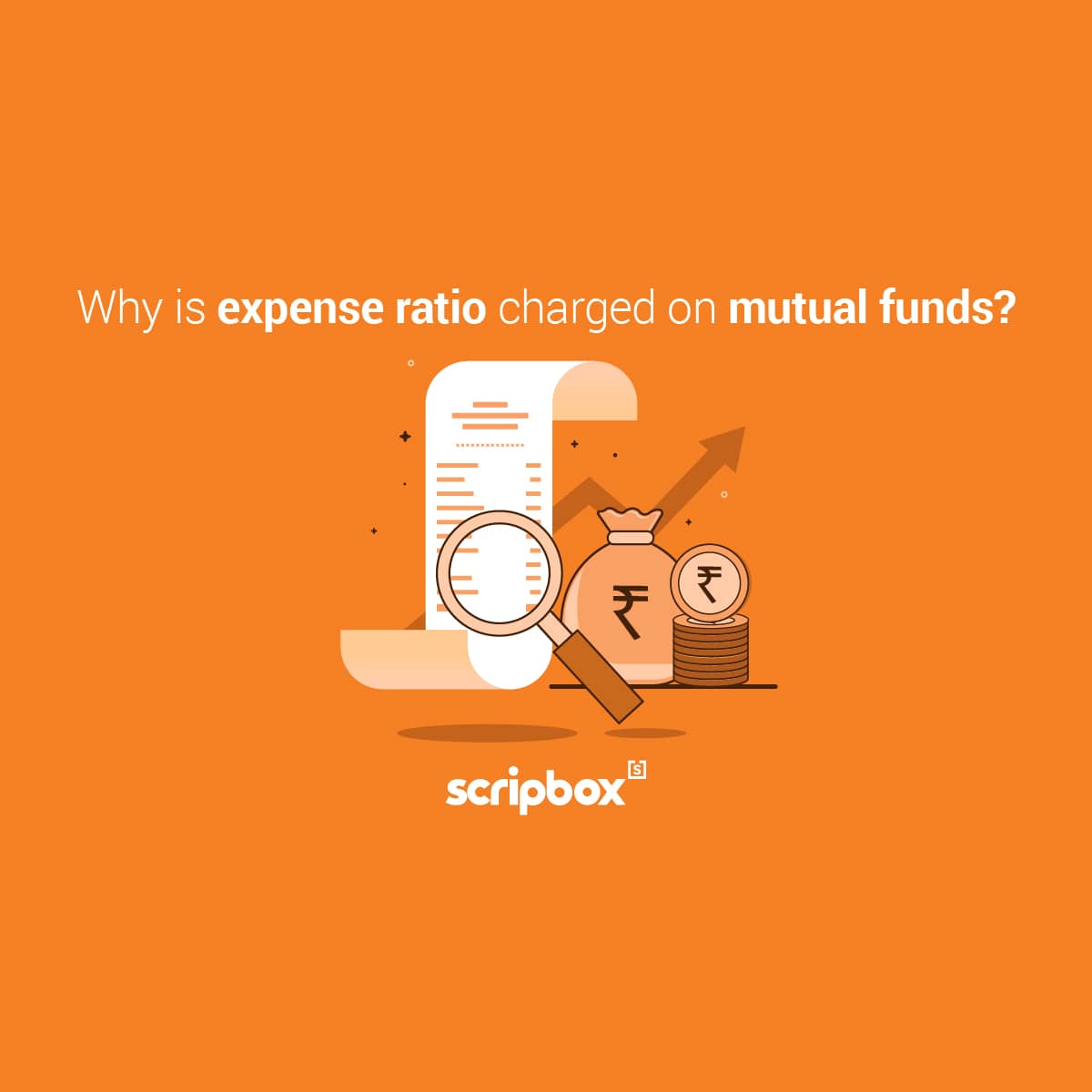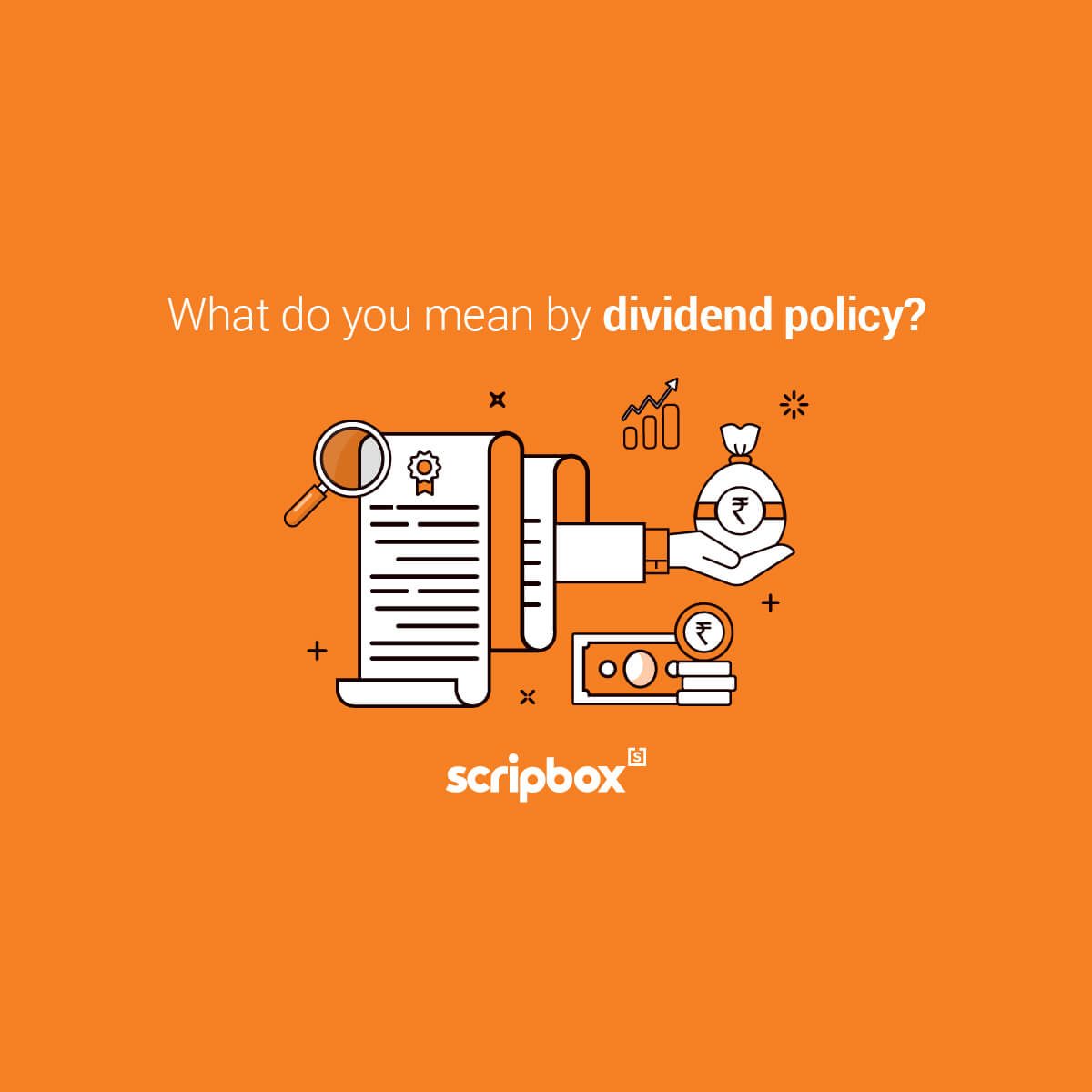
Alternative Investment Funds: Types, Managers, & AIF Funds
Ultra-high-net-worth individuals often seek investments beyond the usual equity or debt instruments. Alternative Investment Funds (AIFs) offer access to niche markets like private equity, venture capital, and hedge funds. But with this exclusivity comes complexity. Let’s explore AIF funds, strategies,...

Hedge Fund: Meaning, Strategies, Investment Explained
Are you looking for investment options beyond traditional assets like stocks and bonds? Many Indian investors are now searching for smarter, more flexible ways to grow their wealth. For high-net-worth individuals (HNIs), hedge funds have emerged as an alternative offering...

Absolute Return vs CAGR
Returns from an investment can be estimated using both absolute returns and CAGR. Absolute returns measure the total return from an investment, irrespective of the time period. CAGR, on the other hand, is the return from an investment during a...

SIP Withdrawal Charges in Mutual Fund June 2025
What are SIP Withdrawal Charges in Mutual Funds? The fund house levies mutual fund withdrawal charges or exit loads to discourage investors from redeeming their investments too quickly. These charges are part of the broader category of mutual fund fees...

Mutual Fund Distributor
Investment in mutual funds needs good understanding and knowledge. Nowadays, investors can gain all information related to mutual funds online. Investors can also compare different funds. However, a mutual fund distributor can help an investor put things in perspective for...
Practical Insights For Wealth Creation
Our weekly finance newsletter with insights you can use
Your privacy is important to us

Expense Ratio
What is Expense Ratio in Mutual Fund? An expense ratio is the annual cost of managing and operating an investment fund, such as mutual funds or ETFs. It is calculated as a percentage of the fund’s total expenses and assets...

What is SIP and How the SIP Works?
SIP (systematic investment plan) is a process of investing a fixed periodic amount in the various mutual fund schemes.

Dividend Policy – Meaning, Types and Key Difference
What is a Dividend Policy? A dividend policy is the company’s roadmap for deciding how and when to distribute its profits to shareholders. Drafted by the board of directors, this policy guides how often dividends are issued, how much will...



